When I had my first baby, I was overwhelmed with how hard parenthood was. I was breastfeeding on demand, with a baby who was cluster feeding for hours on end. If she wasn’t feeding, she was screaming. She’d never sleep on her own. So she was always on my chest, or in a front pack. She would not even tolerate a stroller for more than a few minutes. I was completely touched out, sleep deprived and quite frankly at breaking point.
I clung to this idea that the journey of motherhood was sink or swim. So much so that I refused any help, assumed that allowing others to step in was an inconvenience to them, and basically made myself ill trying to do it all. It took me six months to approach someone about my depression, and even when I did reach out for help it wasn’t an instant fix. I was told that how I was feeling was normal and to try to have some fun and some sleep.
Baby number two
The second time around, my baby was much less fussy. I was getting sleep, by myself. I was still feeding on demand, but this second kid was much less demanding and easily pleased. I still slid into post-natal depression, but I found it easier to crawl back out of that rut even when faced with as little support as the first time around. Most importantly I had decided that motherhood was about learning to float rather than sink or swim! And that other people cared about me and baby – we weren’t an inconvenience after all.
The link betwen fussiness and depression
A study published last month, revealed what some of us may have suspected – a fussy baby can lead to a depressed mum. The American study sampled surveys filled in by the mothers of 8200 children. The research found that those babies who were born prematurely, and who exhibited fussy behaviours were more likely to have mildly depressed mums. Babies born later or even full-term, who were also fussy lead to higher odds of moderate to severe depression.
While many of us mums were probably aware of how mind altering having a fussy baby can be, this research does provide more concrete evidence to the issue.
Hopefully the conclusions drawn will help steer the medical community to ask more questions about the mother’s wellbeing, at medical check-ups. If a baby is revealed to be fussy at a regular appointment, questioning how the mother is feeling and offering support and literature may help those mums who are struggling to access the help they need.
Things to watch for
According to the New Zealand Mental Health Foundation, post-natal depression can present as:
- Feeling low, sad or depressed. Or just not feeling anything
- Losing interest and pleasure in usual activities
- Feeling irritable or angry for no reason
- Change in sleeping patterns. Hard to tell when you are struggling to sleep with a baby in the house!
- Change in appetite eating less or more. I personally felt I didn’t deserve food on some of my harder days.
- Decreased energy, tiredness and fatigue
- Physical slowing or agitation
- Feeling worthless or guilty. One social worker told me that I should aim for good enough and not perfect. Great idea, except most days I didn’t feel good enough either
- Having thoughts of hopelessness and death
- Finding it difficult to thinking clearly
- Being anxious
- Excessive worry or fear
- Panic attacks. This was me for sure!
- Phobias
- Excessive concern about physical health
If you are at all worried about yourself or a friend or family member, encourage them to reach out for help. You can visit their GP, talk to their midwife or Plunket. If you can’t get to see someone physically, there are also numbers you can call for help and support:
- Depression helpline – 0800 111 757 or text 4202
- Healthline – 0800 611 116 (available 24 hours, 7 days a week and free to callers throughout New Zealand, including from a mobile phone).
- Lifeline – 0800 543 354 or text 4357
- Suicide Prevention Helpline – 0508 828 865
If you believe either you, your baby, or someone you know, is in immediate danger, please call emergency services immediately on 111. It’s OK to ask for help.
This article was written for Kidspot, the premier parenting resource in New Zealand. This article contains general information only and is not intended to replace advice from a qualified health professional. If you have questions or concerns about your health contact your doctor. Always see your doctor or other qualified health professional before starting or changing any treatment.
Did/do you have a ‘fussy’ baby? What support did/do you have?
See more:
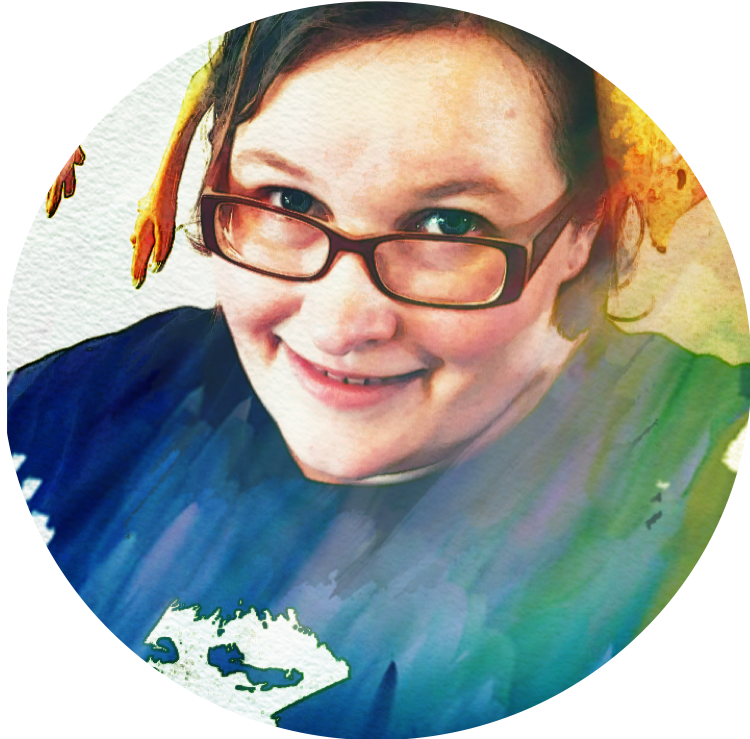 Written by Kym Moore
Written by Kym Moore
When she isn’t herding kids or cats, Kym loves to drink craft beer, or share a whine and a wine with friends. She is also partial to a well-made cocktail. Her happy places include sitting on couch watching British Comedy and daydreaming. Lots of daydreaming.
Favourite artist: Bowie

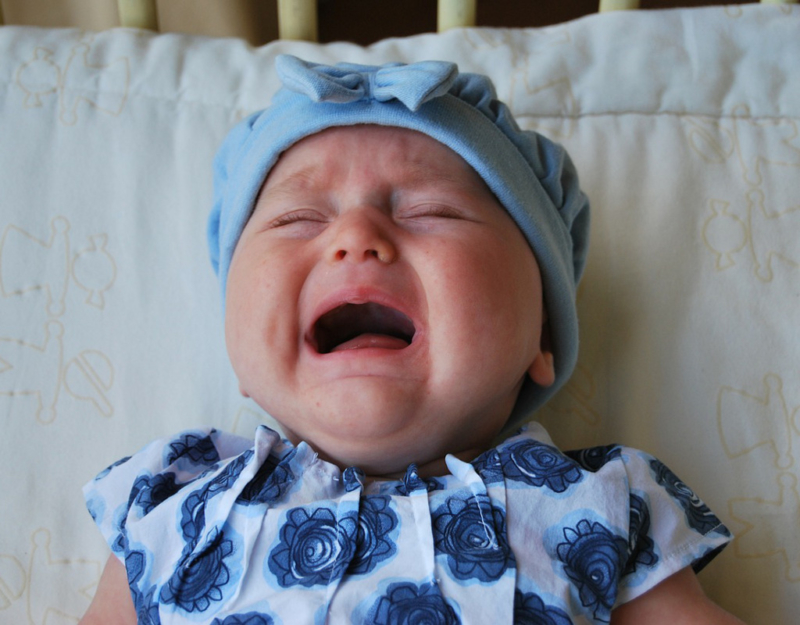

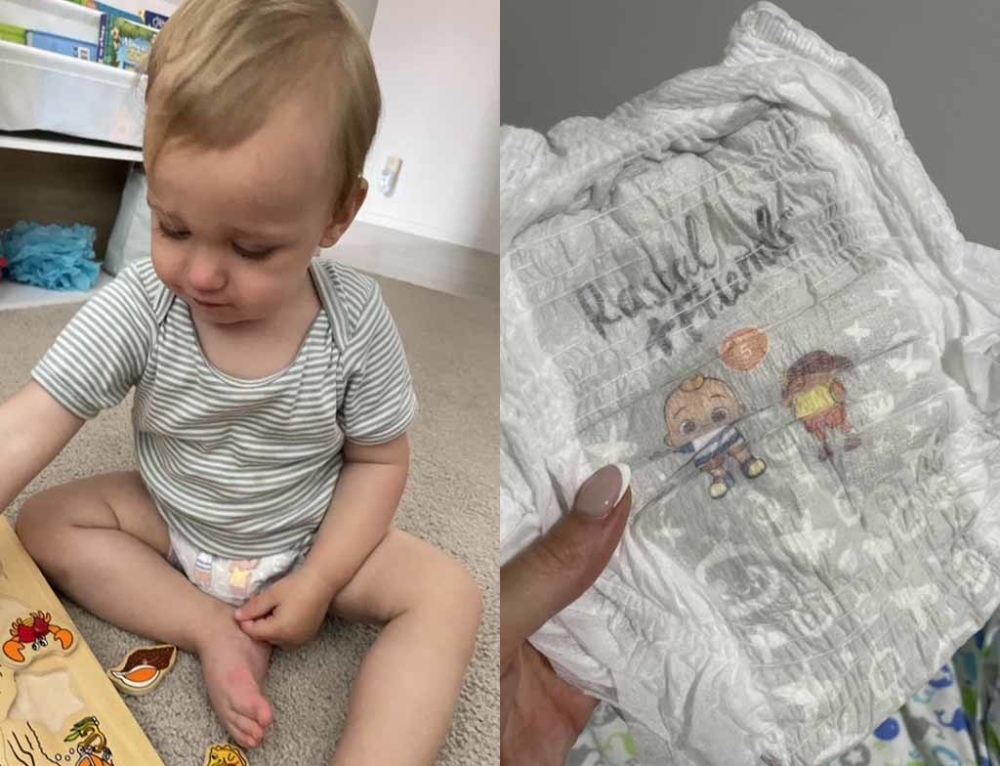
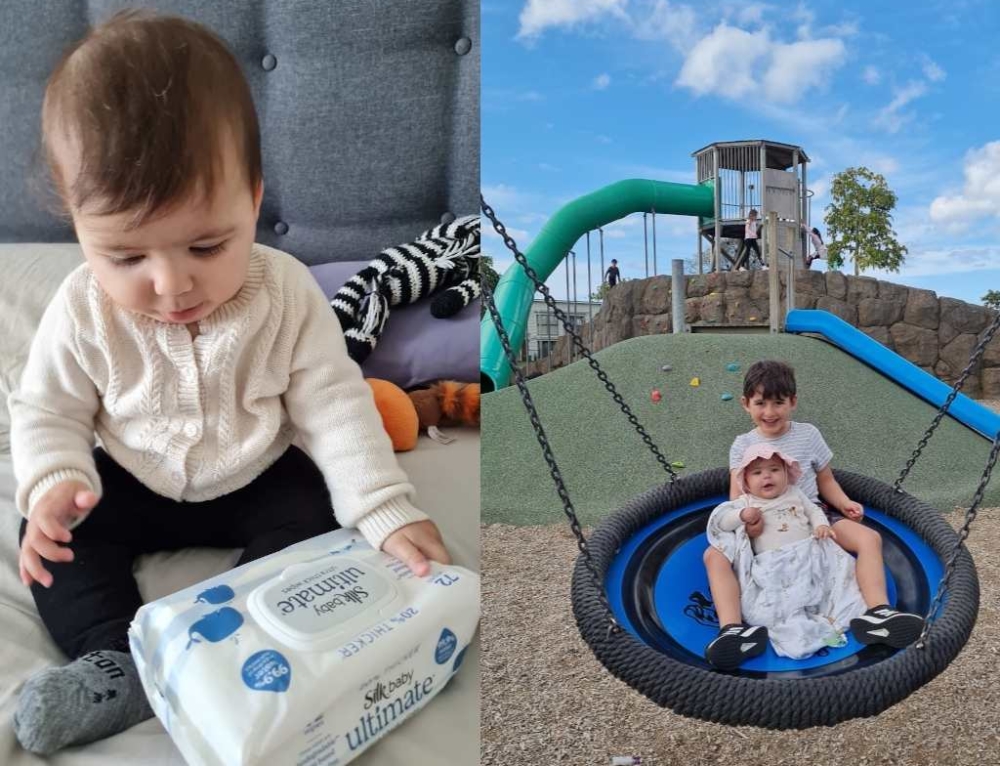
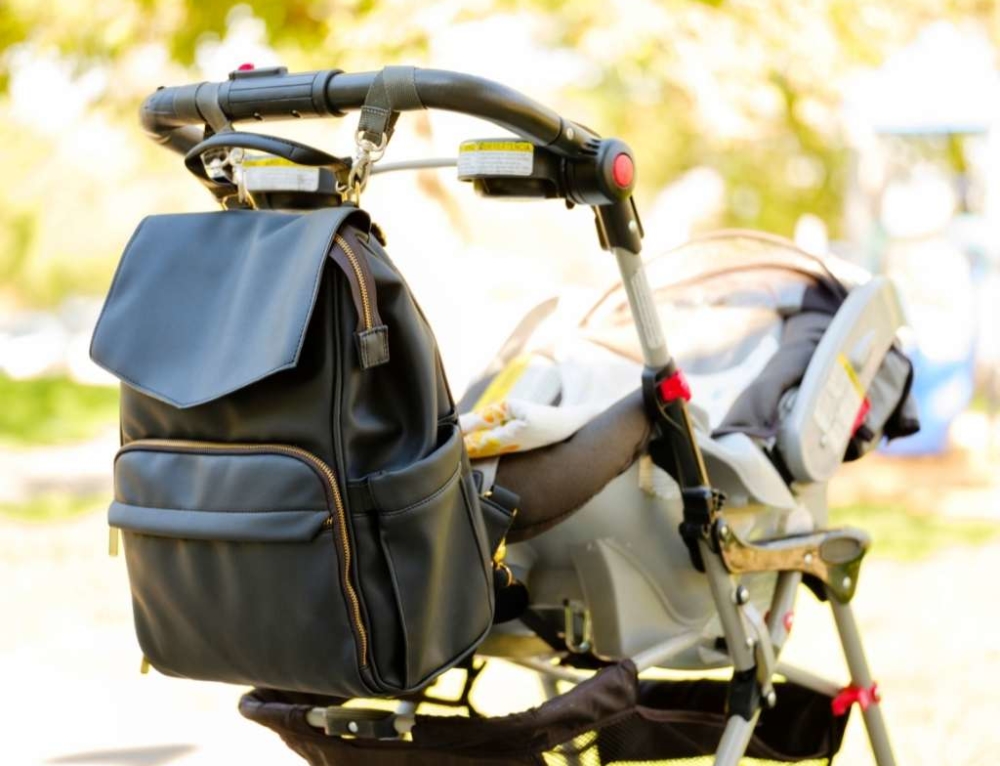
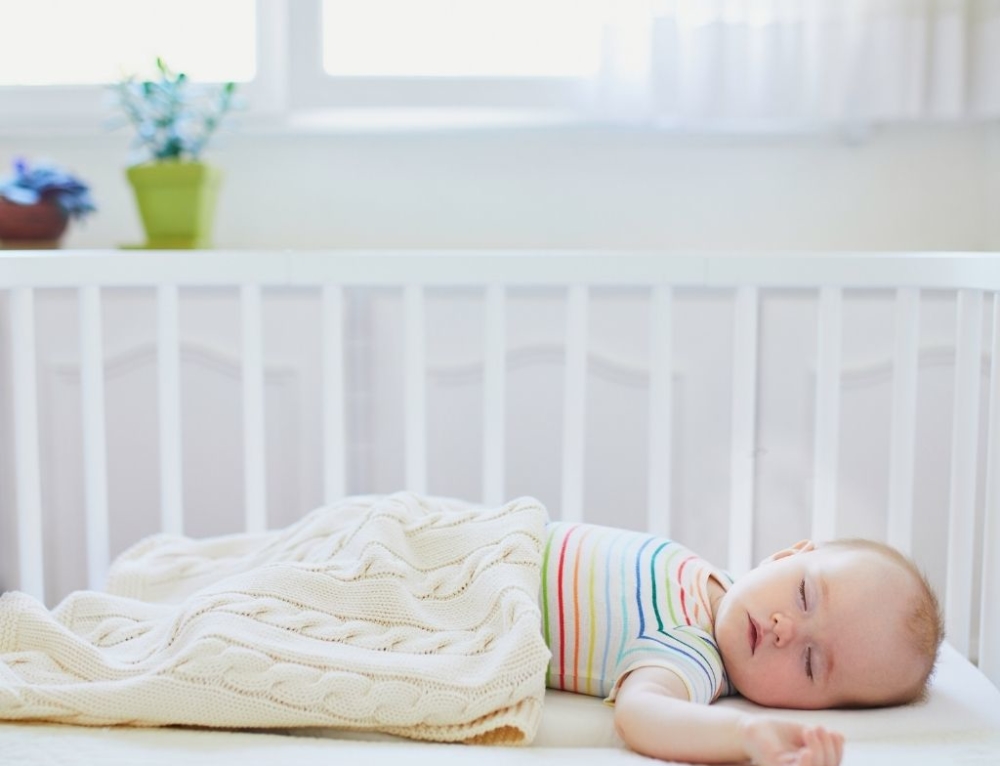
I didn’t. I just want to say ask for help if you can and be kind to yourself. This is a tough journey sometimes
This could have been my story, I was 17, had a baby that wouldn’t sleep, would scream constantly and I was finding it so hard. My friends had all said that I shouldn’t keep her and that I wouldn’t be able to cope so asking for help seemed like admitting failure and that everyone was right. I ended up with really bad PND and being placed in the Mother Craft unit at Waikato Hospital, I didn’t actually find that to be much help but my family realised what I was going through and all stepped up so in the end it was the best thing that could have happened.
I remember my first (26 years ago!) I was a first time Mum and doing it alone. I had PND and didn’t know it, my baby was tongue tied and I didn’t even know what that was let alone that he had it! So my first few weeks as a new mum were not enjoyable sadly, he was a fussy baby but only because he couldn’t get enough food 🙁 Ended up at the emergency doctors very early one morning exhausted and stressed out. Doctor suggested I get some formula and a bottle and some sleep – which we both did!! Turned out ok in the end 🙂
So I didn’t have a fussy baby but I did really struggle with being on the verge of pnd. I was pretty down and just felt like everyone was looking down on me and my parenting. I was super protective of my baby and like even if people were joking and gave her a wee splash at the beach I would flip my lid at them because I was so over protective. In the end I asked for help from family and friends and had better support around and felt at ease and as she started growing I was not so worried all the time. My second child was so much easier as I had so much help and support all in my house when I got home with him it was really good.